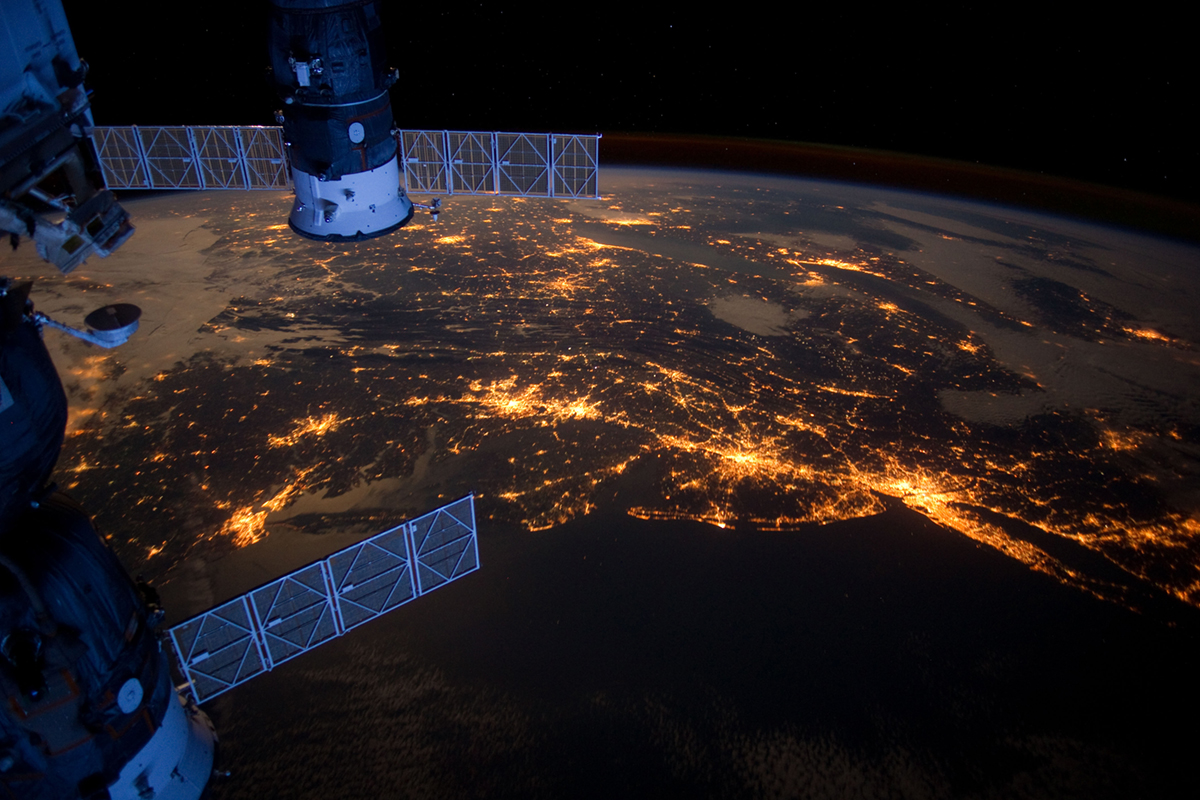Introduction
Space technology has always been at the forefront of human curiosity and innovation. From the first tentative steps of launching satellites into orbit to sending astronauts to the moon and beyond, space technology has continuously pushed the boundaries of human exploration and scientific discovery. In this article, we will delve into the fascinating world of space technology, exploring its history, current advancements, and the exciting possibilities it holds for the future.
The Historical Journey
The journey of space technology began in earnest with the launch of Sputnik 1 by the Soviet Union in 1957. This small satellite marked the start of the space race between the United States and the USSR during the Cold War. It wasn’t long before the first human, Yuri Gagarin, ventured into space in 1961, opening up a new frontier for mankind. The Apollo missions, notably Apollo 11 in 1969, saw astronauts land on the moon, a monumental achievement that captured the world’s imagination.
The development of space technology didn’t stop there. In the following decades, robotic missions explored the solar system, including the Viking landers on Mars, the Voyager spacecraft, and the Hubble Space Telescope, which revolutionized our understanding of the universe. These missions paved the way for the International Space Station (ISS), where astronauts from around the world conduct scientific research and live in a microgravity environment.
Current Advancements
As we move further into the 21st century, space technology has seen remarkable advancements. Some of the most exciting developments include:
- Commercial Space Travel: Private companies like SpaceX, Blue Origin, and Virgin Galactic have made significant strides in commercial space travel. They aim to make space more accessible to the public, with plans for suborbital flights, lunar tourism, and even missions to Mars.
- Earth Observation: Satellites equipped with advanced sensors provide crucial data for weather forecasting, environmental monitoring, and disaster management. These observations are invaluable for addressing climate change and ensuring the sustainability of our planet.
- Space Telescopes: The James Webb Space Telescope, set to launch soon, promises to revolutionize our understanding of the universe by observing distant galaxies, stars, and planets in unprecedented detail.
- Space Exploration: Robotic missions like NASA’s Perseverance rover on Mars and the upcoming Europa Clipper mission to Jupiter’s moon Europa are pushing the boundaries of space exploration and the search for extraterrestrial life.
- Space Mining: Companies are exploring the possibility of mining asteroids and the moon for valuable resources like water, precious metals, and helium-3, which could power future fusion reactors.
Future Possibilities
The future of space technology is even more promising, with several groundbreaking possibilities on the horizon:
- Human Settlements on Mars: Ambitious plans to establish human colonies on Mars are being developed by both public and private entities. These missions could pave the way for the colonization of other celestial bodies.
- Interstellar Travel: The concept of interstellar travel, once the stuff of science fiction, is now being seriously considered. Projects like Breakthrough Starshot aim to send tiny spacecraft to nearby stars within our lifetime.
- Space Tourism: As commercial space travel becomes more common, space tourism is expected to flourish, allowing more people to experience the wonders of space.
- Solar System Exploration: Continued exploration of our solar system will uncover mysteries of planetary science and possibly reveal the existence of life beyond Earth.
- Space-Based Solar Power: Harnessing solar energy in space and beaming it to Earth could provide a sustainable and limitless energy source for our planet.
Conclusion
Space technology has come a long way since its inception, from the early days of the space race to the current era of commercial space travel and cutting-edge scientific exploration. The possibilities for the future of space technology are boundless, holding the potential to reshape our understanding of the universe, solve some of Earth’s most pressing challenges, and even open up new frontiers for human civilization. As we look to the stars, we are reminded of the enduring human spirit of curiosity and innovation that drives us to explore the unknown.




